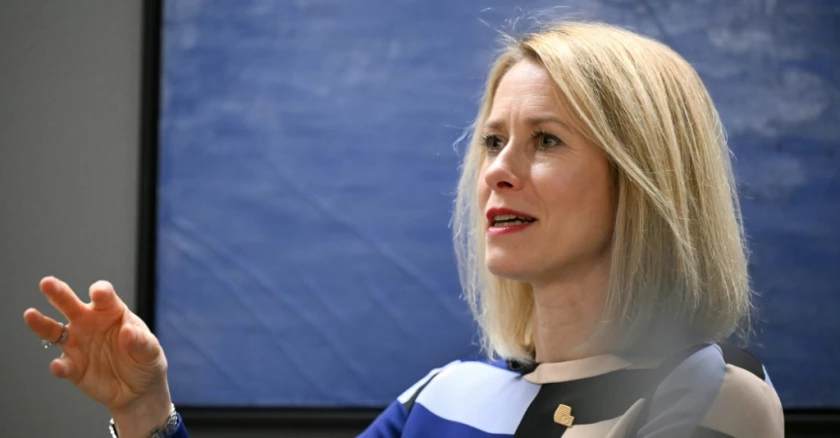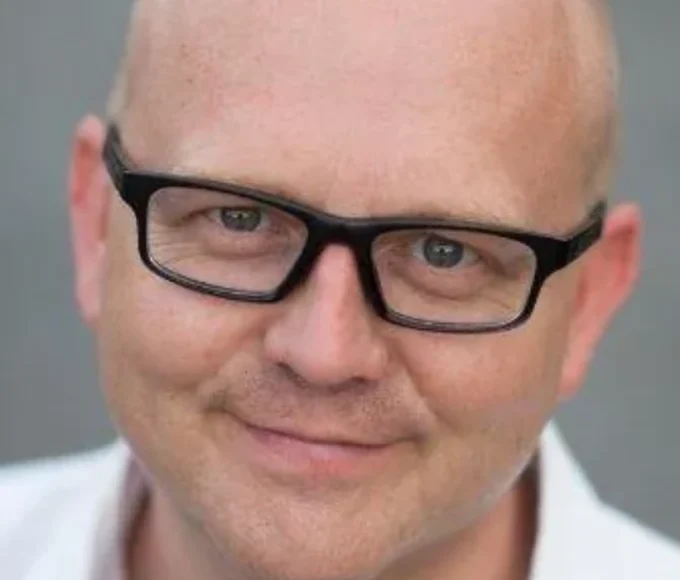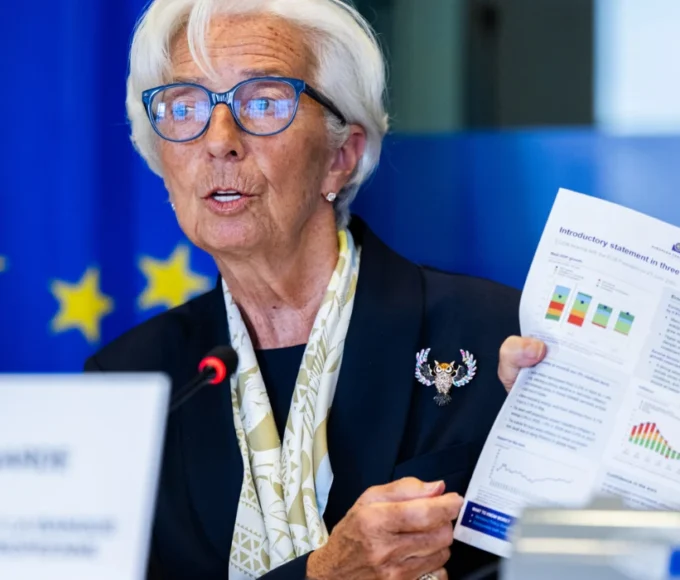The woman who has given resolute support to Ukraine since the beginning of the Russian invasion in February 2022 immediately stressed that “the war in Europe” and “the growing instability in our neighbourhood and in the world” were the main challenges of European foreign policy.
The daughter of former Estonian Prime Minister and European Commissioner Siim Kallas, this lawyer by profession was born when Estonia was still an integral part of the Soviet Union. Aged 47, she was elected as an MEP for the first time in 2011 for the Reform Party, a liberal party founded by her father, before obtaining a seat in the European Parliament, appearing several times on the lists of the most influential MEPs.
Combative attitude. She returned to the national political scene in 2018, taking the lead of the Reform Party and becoming the first female head of the Estonian government in 2021. The Baltic country, which has only 1.3 million inhabitants, has become, proportionally, one of the most generous donors to Ukraine, its aid exceeding 1% of its GDP.
Wanted by Moscow. And in this respect, the one nicknamed “the Iron Lady” in Estonia has never been afraid to provoke Moscow. In a symbolic act of breaking with its past, the Estonian government led by Ms Kallas has removed Soviet-era war memorials from public spaces, a process that accelerated after the invasion of Ukraine.
“When we regained our independence, we had many other worries. When the war started, it reopened, in fact, all the wounds,” Ms Kallas said. This firmness earned her a place on Moscow’s wanted list last February, officially for “destroying monuments to Soviet soldiers”.
Despite her popularity, she faced a crisis of confidence in 2023 after local media reported that a company partly owned by her husband continued to operate in Russia. Rejecting calls to resign, Ms Kallas was re-elected as leader of the Reform Party, her international image untarnished by the scandal.
A mother of one son, Ms Kallas was a member of a folk dance ensemble as a young girl that also performed abroad. As an adult, she complained that she never had enough time to dance.
This article is originally published on lopinion.fr








